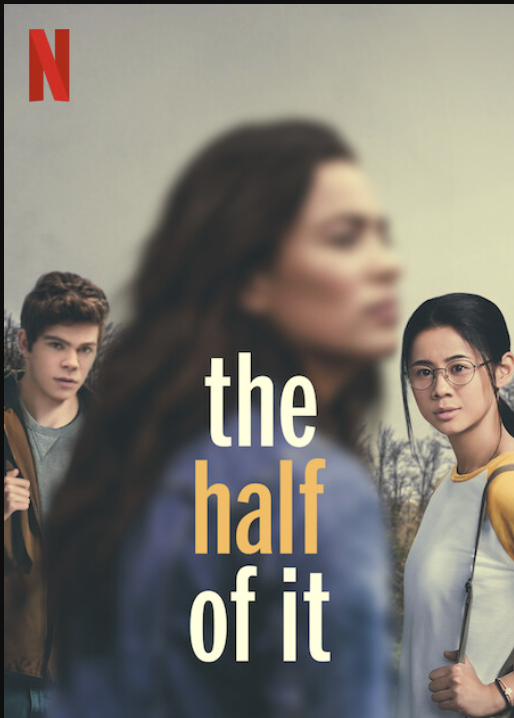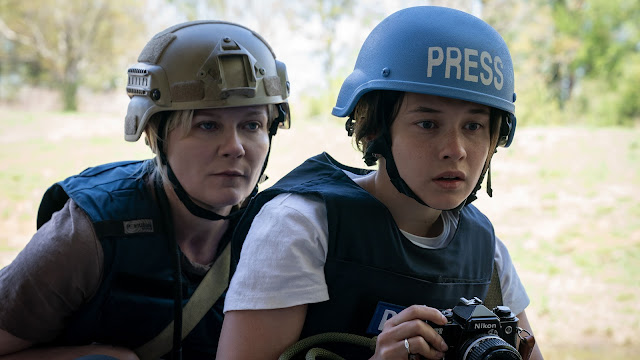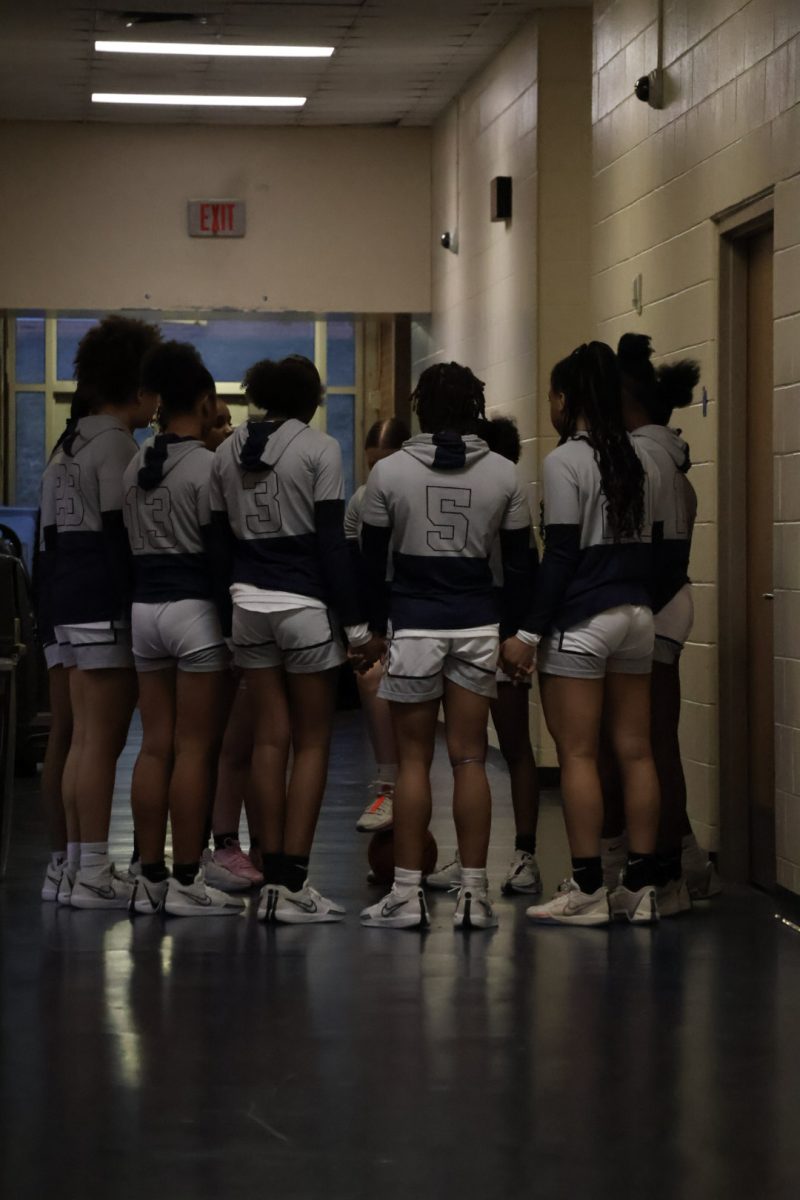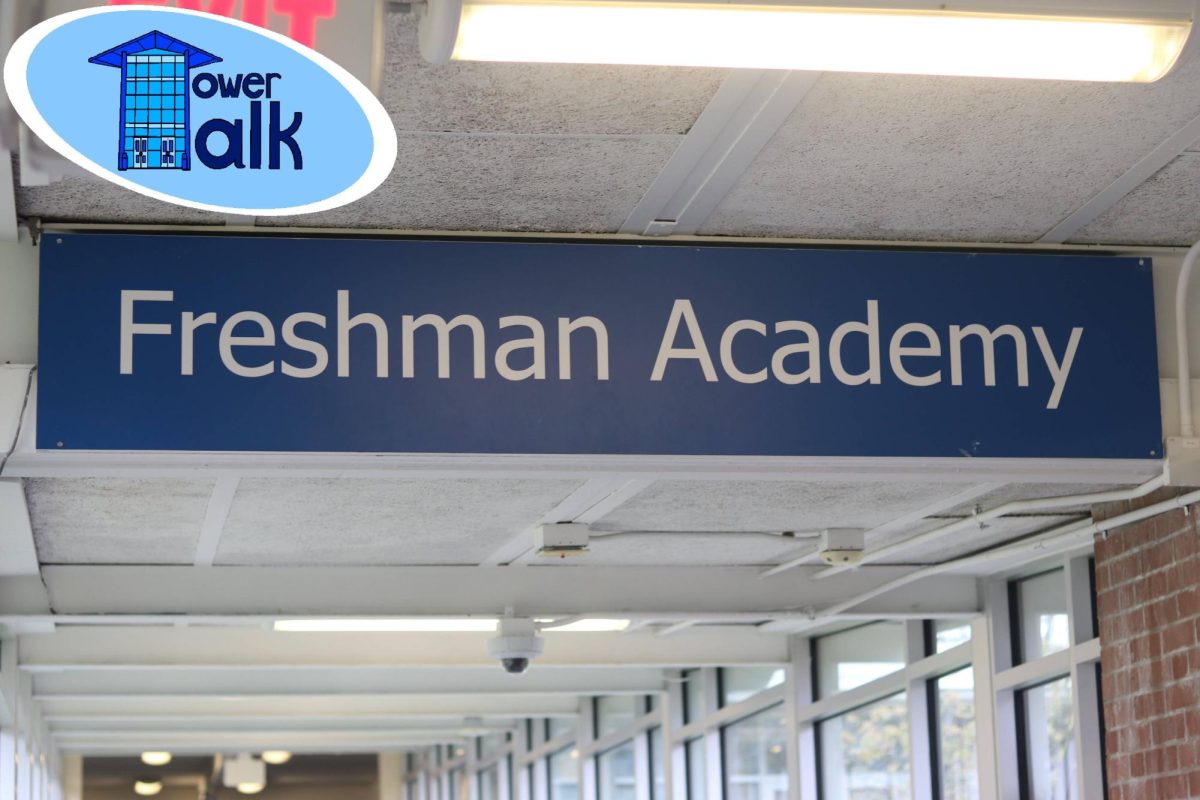Conner’s Critiques: “The Half of It,” a showcase of the challenges of a high-school relationship
Credit: Netflix
February 15, 2022
Netflix often likes to repeat itself when it comes to the introductions of their romantic movies. One of the things they like to start the movie with is the tale of soulmates.
On May 1 of 2020, Netflix released the movie “The Half of It.” where Paul Munsky (Daniel Diemer) enlists the help of school nerd Ellie Chu (Leah Lewis) in order to woo his longtime crush, Aster Flores (Alexxis Lemire), through a series of love letters.
Netflix doesn’t have a lot of movies featuring LGBTQ+ characters, especially having them as main characters, so the anticipation for the film and for characters not to fall into specific tropes was pretty high. The film was a mix of happiness, sadness and a bit of confusion. The movie teased viewers with what they could have had with the relationship between Ellie and Aster and then ripped it all away at the last moment which left viewers feeling unsatisfied.
First of all, the characters: Paul Munsky, a member of the football team, is in love with Aster Flores. Ellie Chu, the school nerd, is also in love with Aster Flores. Aster Flores is the love interest of our two main protagonists.
Paul doesn’t have a single original thought inside his head. He’s the stereotypical jock portrayed in all teen movies: dumb, on the football team, and trying to get with the most popular girl in school, Aster Flores. The only difference is that instead of stereotypically picking on the school nerd, in this case Ellie Chu, he befriends her and eventually develops a crush on her.
When Paul finds out that Ellie is gay and has a crush on Aster, he also works through some homophobia. At first, he claims that her feelings are a sin and that she’s going to hell. So obviously, not everything is all sunshine and rainbows with their relationship at that point. However, they do eventually patch up their friendship near the end of the movie and Paul begins to develop a crush on Ellie.
Mending the friendship with Ellie is an important part of Paul’s development, but having him develop a crush on her at the end of the movie is a bad decision by the filmmakers.
He and Ellie work so hard and put in all of this effort to woo Aster and there’s not a single sign of him being interested in Ellie until a scene in the end of the film where they almost kiss.
A trend that is pretty common in romance movies is that guys and girls cannot just be friends, and the only way they can be is if one is portrayed as an obviously gay person, usually the male character. This is a very harmful stereotype to be projected, especially in YA movies and movies targeted towards teens. It was nice to see a male/female friendship and to see it follow this stereotype was disappointing.
Next there’s Ellie Chu, a Chinese-American, straight ‘A’ school nerd who is also in love with Aster. She’s the daughter of the train station master, a bit plain looking and prefers to be on her own but warms up to people once she gets to know them. She is also the one who writes all the letters that Paul gives to Aster to make her fall in love with him, a plan that eventually backfires when her own feelings come into the mix.
Ellie is also very self-sacrificial. Despite loathing their small town of Squahamish and wanting to leave, she refuses to go to college somewhere else because she wants to remain close to her dad. She helps pay for things such as the bills and goes to great lengths to help her dad, including doing other students’ homework for money.
Finally, there’s Aster Flores. She’s one of the more popular girls in school, dating the school’s quarterback, Trig Carson, but she’s very reserved. She is the love interest for both Paul and Ellie and falls in love with both of them in different ways. Paul, through the sweetness of their awkward dates, and Ellie through the romantic words that she reads over letters and texts that she thinks are from Paul.
Aster and Trig never break up and a breakup isn’t implied, so it’s hard to tell if she’s cheating on him or not. She could have been a more fleshed-out character; for being the main love interest in the film, and she only appears on screen for what feels like a very small amount of time.
There is a scene near the very end of the movie at the Easter sermon at Ellie’s church that is very cringey. It’s the very end of the service and Trig stands up to deliver a small sermon of his own. He finishes his sermon by turning to Aster and proposing, so despite all the dates and progress that Aster and Paul have made, she is still with Trig.
They’re still in high school, first of all, and while it’s understandable that they’re high school sweethearts, they haven’t even graduated their senior year yet. Secondly, proposing in public is a bad move. Not only are you putting pressure on your beloved to accept by confronting them in a public setting, but it’s also very embarrassing for the person being proposed to.
An example of a favourite scene from the movie is when Aster and Ellie first start to talk. Aster is scared about being too out-there, content to just fade into the background as much as she can. Ellie challenges Aster, asking her to make five strokes of paint on a blank wall in a back alley behind a butcher’s shop. The wall eventually turns into a beautiful mural for the brief amount of time it’s there. The mural is painted over with white when the butcher catches Aster there, and the scene ends with a small part of Asters’ and Ellies’ conversation, “Everything beautiful is ruined eventually.”
However, the movie is a wonderful example of good representation of the experiences LGBTQ+ youth and LGBTQ+ POC face in a small town, like the fear of being bullied and discrimintation.
The director of this movie, Alice Wu, also wrote another movie “Saving Face” about Chinese-American LGBTQ+ individuals and their struggles related to lesbain identity.












